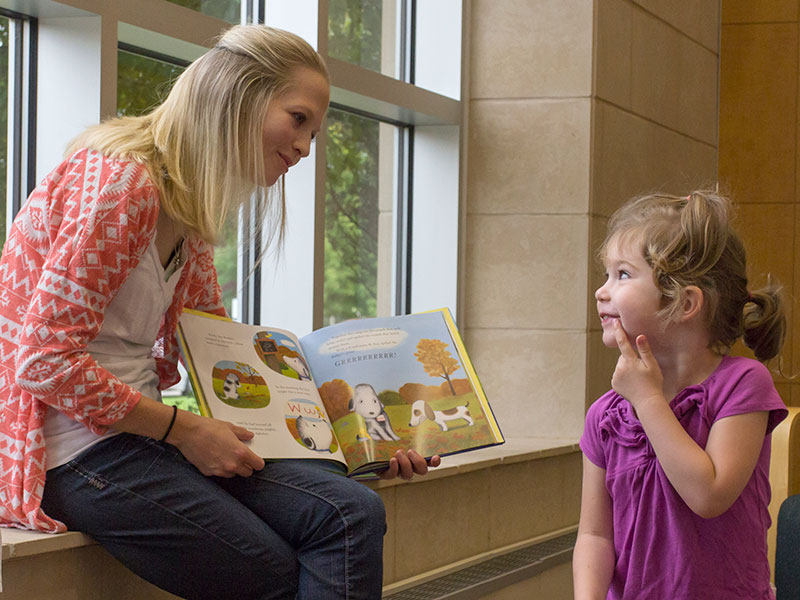Program Highlights
Internships
Luther helps match mathematics majors with competitive internships at insurance companies, financial institutions, commercial retailers, and healthcare organizations. Students have interned with Mayo Clinic, Securian Financial, and Target, among other organizations.
Chances to Compete
Participate in competitions at the state, national, and international level. Luther has a great history of success in these competitions, including teams that won back-to-back championships at the Iowa Collegiate Math Competition.
Research with Faculty
Each summer, students have the opportunity to work on a research project with a faculty member. Students gain in-depth experience exploring how math can help solve problems in a variety of fields.
What You’ll Learn
With a math major or minor you’ll develop:
- Critical thinking. Develop mathematical and logical reasoning skills as well as multistep and creative problem-solving abilities.
- Formal theory. Faculty will help you foster an understanding that mathematics is a logical, deductive system based on definitions, axioms, examples, theorems, and proofs.
- Application. Learn how to apply mathematics to a variety of disciplines.
- Preparation. You’ll be equipped with the foundation you need to pursue advanced degrees or careers in business, industry, and education.
- Communication. Learn how to express mathematical ideas in written and verbal forms.
- Exploration. You’ll be provided opportunities for independent projects and research experiences in mathematics.
Careers and Outcomes
Luther mathematics majors find success in a wide range of professions. Many also become small business owners. Luther’s mathematics degree is also excellent preparation for an advanced degree.
Career Fields
- Accounting
- Banking
- Editing
- Engineering
- Human resources
- Insurance
- Software development
- Teaching
Employers
- Mayo Clinic
- 3M
- Target
- Best Buy
- Epic
- IBM

Mathematics/Statistics Major
Luther offers a math/stats major, which pairs foundational mathematics courses with four upper-level statistics courses. The upper-level statistics courses are all taught by a PhD-level statistician. This major provides solid preparation if you’re interested in studying statistics in graduate school. It’s also a great choice if you’re interested in actuarial science or many of the other careers that require statistical analysis.
In the mathematics/statistics degree program, you’ll master skills in statistical theory, interpretation and display of complex data, and computing. This major places an emphasis on applying statistical tools to real-world problems.
Recent graduates from the program have gone on to jobs in private industry and consulting, while others attend graduate school in some of the nation’s top graduate programs.


